Metal Detector Can Detect Gold ?
Yes, metal detectors can detect gold. Gold is a highly conductive metal, and metal detectors work by generating an electromagnetic field and detecting changes in that field caused by the presence of metal objects. When a metal detector comes into contact with gold, it will produce a signal indicating the presence of metal. However, it is important to note that not all metal detectors are equally effective at detecting gold. Some detectors are specifically designed for gold prospecting and are more sensitive to small gold nuggets or flakes.
1、 Electromagnetic Induction Principle
A metal detector can detect gold due to the principle of electromagnetic induction. Electromagnetic induction is the process by which a changing magnetic field induces an electric current in a conductor. Metal detectors utilize this principle to detect the presence of metal objects, including gold.
When a metal detector is turned on, it generates a magnetic field around its coil. As the coil is moved over the ground, the magnetic field continuously changes. When the magnetic field encounters a conductive material, such as gold, it induces an electric current in the metal. This current, in turn, generates its own magnetic field, which interacts with the original magnetic field of the metal detector.
The interaction between the two magnetic fields causes a disturbance in the detector's circuitry, which is then detected and interpreted as a signal by the device. This signal alerts the user to the presence of metal, including gold, in the vicinity.
It is important to note that while metal detectors can detect gold, they cannot differentiate between different types of metal. Therefore, a metal detector will respond to any metal object, not just gold. However, the sensitivity and settings of the metal detector can be adjusted to increase the likelihood of detecting gold specifically.
In recent years, advancements in metal detector technology have improved the accuracy and sensitivity of gold detection. Manufacturers have developed specialized gold detectors that are specifically designed to detect small traces of gold in various environments. These detectors often employ advanced signal processing algorithms and multiple frequency options to enhance their gold detection capabilities.
In conclusion, a metal detector can detect gold through the principle of electromagnetic induction. While it cannot differentiate between different types of metal, advancements in technology have led to the development of specialized gold detectors that offer improved accuracy and sensitivity in detecting gold.
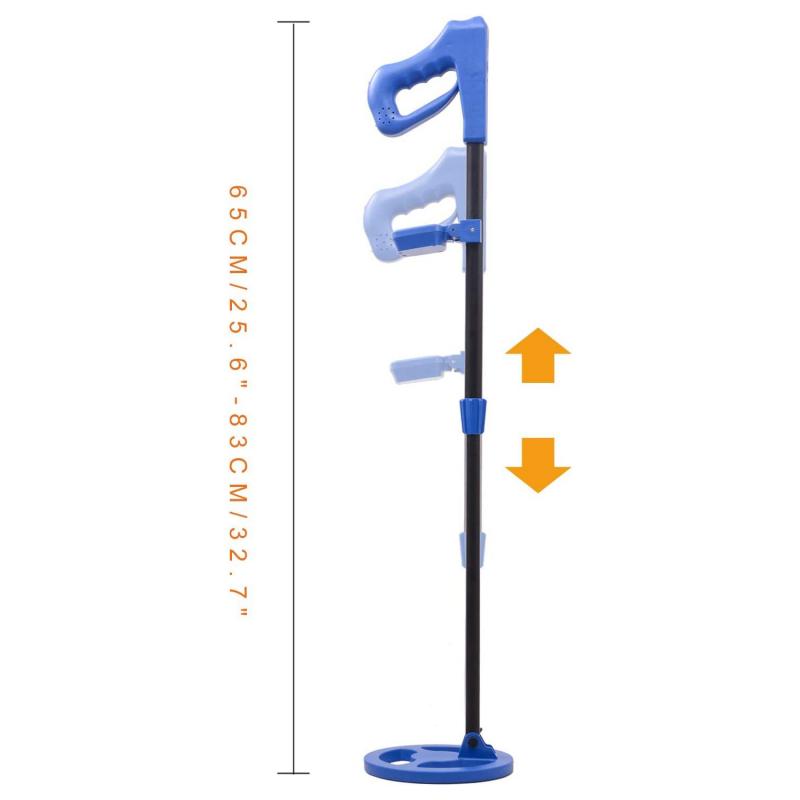
2、 Conductivity and Resistivity Differences
A metal detector can detect gold due to the conductivity and resistivity differences between gold and other materials. Gold is known for its excellent electrical conductivity, which means it allows electric current to flow through it easily. This property makes gold stand out from other metals and non-metallic materials when it comes to metal detection.
Metal detectors work by generating an electromagnetic field and then detecting any disruptions or changes in that field caused by the presence of a metal object. When the electromagnetic field encounters a conductive material like gold, it induces eddy currents within the metal. These eddy currents, in turn, generate their own magnetic field, which interferes with the original electromagnetic field produced by the metal detector. This interference is detected by the metal detector, alerting the user to the presence of a metal object.
Gold's high electrical conductivity allows it to produce a significant disruption in the electromagnetic field, making it easily detectable by a metal detector. However, it is important to note that the size, shape, and purity of the gold object can affect the detection range and accuracy. Smaller or impure gold objects may be more challenging to detect compared to larger, pure gold objects.
It is worth mentioning that advancements in metal detection technology have led to more sensitive and precise metal detectors. These modern detectors can detect even smaller traces of gold, making them highly effective in various applications such as prospecting, treasure hunting, and security screening.
In conclusion, the conductivity and resistivity differences between gold and other materials allow metal detectors to effectively detect gold. The high electrical conductivity of gold enables it to disrupt the electromagnetic field generated by the metal detector, making it easily distinguishable from other materials.
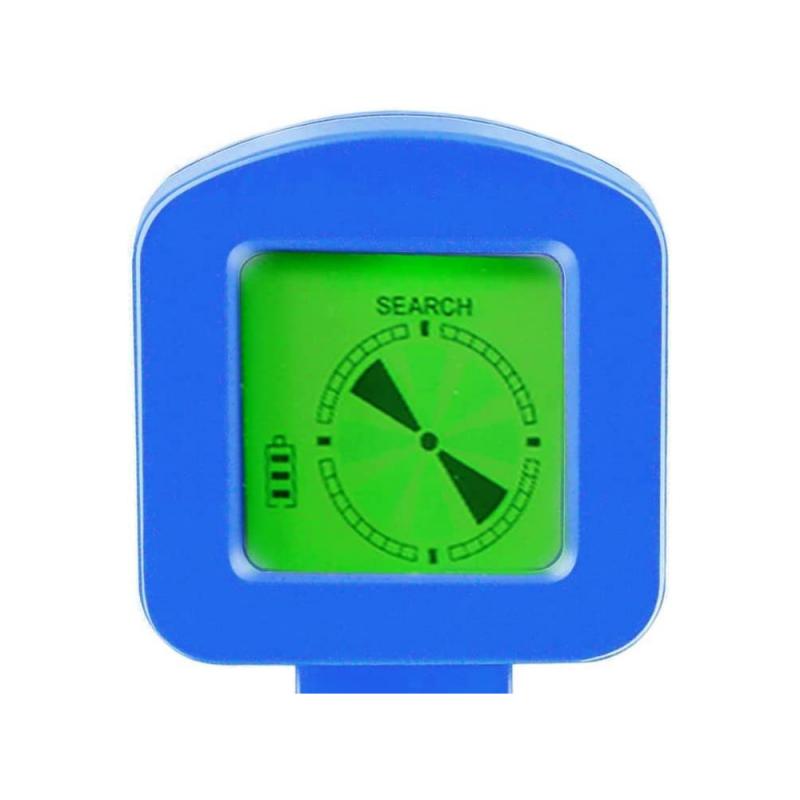
3、 Target Identification and Discrimination
A metal detector can detect gold through its Target Identification and Discrimination capabilities. Gold has unique electrical conductivity properties that allow metal detectors to differentiate it from other metals. Metal detectors work by generating an electromagnetic field and detecting the changes in that field when it encounters a metallic object.
When a metal detector comes across a gold object, it will produce a specific signal response that is different from other metals. This response is then analyzed by the metal detector's Target Identification and Discrimination system, which helps determine the type of metal present. By utilizing various settings and discrimination modes, metal detectors can be adjusted to specifically target and identify gold.
However, it is important to note that not all metal detectors are equally effective at detecting gold. Some models are specifically designed for gold prospecting and have enhanced sensitivity to small gold nuggets or flakes. These detectors often employ advanced technologies such as multi-frequency or pulse induction to improve their gold detection capabilities.
It is also worth mentioning that the latest advancements in metal detector technology have further improved the ability to detect gold. Manufacturers are constantly developing new features and algorithms to enhance target identification and discrimination, making it easier to distinguish gold from other metals.
In conclusion, a metal detector can indeed detect gold through its Target Identification and Discrimination capabilities. However, the effectiveness of gold detection may vary depending on the specific model and its features. It is always recommended to choose a metal detector that is specifically designed for gold prospecting to maximize the chances of success.
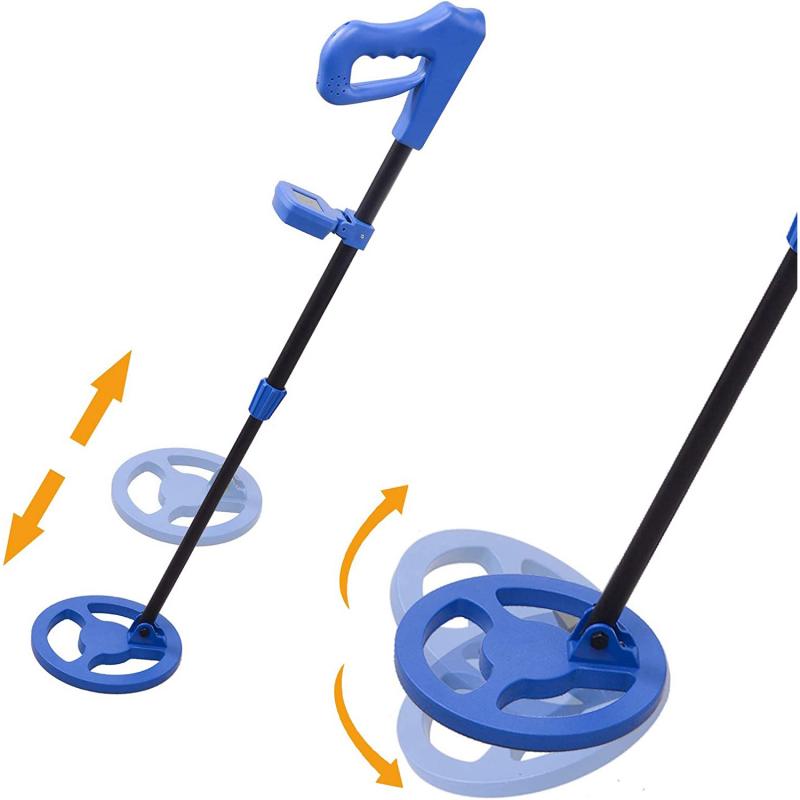
4、 Sensitivity and Depth Range
A metal detector can detect gold. Gold is a highly conductive metal, and metal detectors are designed to detect and respond to the presence of conductive materials. When a metal detector is used to search for gold, it emits an electromagnetic field that interacts with the metal. This interaction causes a change in the detector's signal, which is then detected and indicated to the user.
The sensitivity and depth range of a metal detector play a crucial role in its ability to detect gold. The sensitivity refers to the detector's ability to detect small amounts of gold, while the depth range refers to how deep the detector can detect gold.
In recent years, advancements in metal detector technology have greatly improved the sensitivity and depth range for detecting gold. Manufacturers have developed detectors with higher sensitivity levels, allowing them to detect even the smallest traces of gold. Additionally, the depth range of metal detectors has also improved, enabling users to detect gold at greater depths.
However, it is important to note that the effectiveness of a metal detector in detecting gold also depends on other factors such as the size and purity of the gold, as well as the mineralization of the surrounding soil. These factors can affect the conductivity and signal response of the gold, making it more or less detectable.
In conclusion, a metal detector can indeed detect gold. With advancements in technology, metal detectors have become more sensitive and capable of detecting gold at greater depths. However, it is essential to consider other factors that may affect the detectability of gold when using a metal detector.




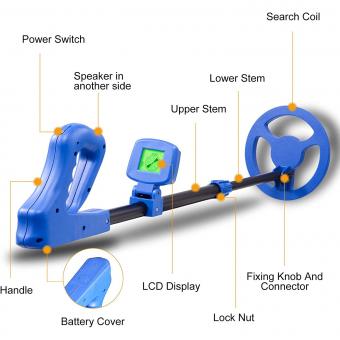







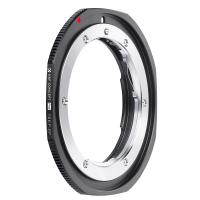




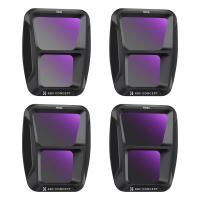



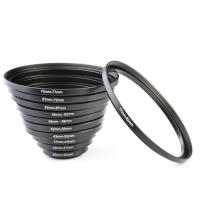
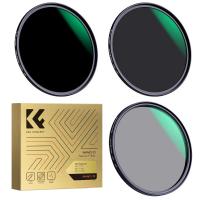
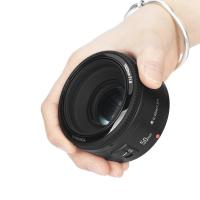






There are no comments for this blog.